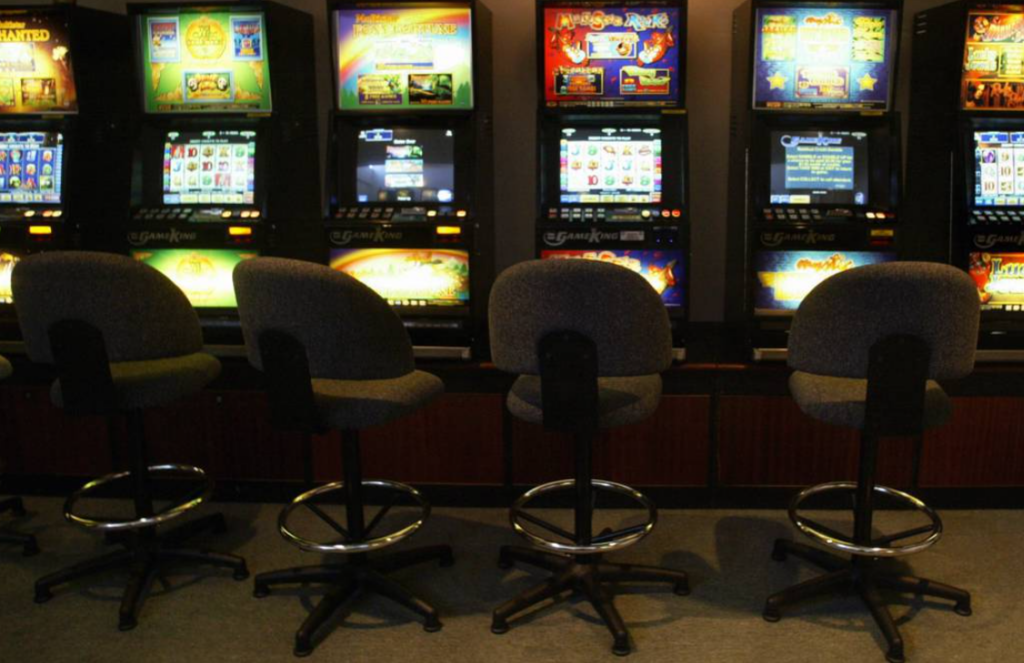Pokies, also known as slot machines or electronic gaming machines (EGMs), have become an integral part of New Zealand’s social and economic landscape.
These machines are found in numerous bars, clubs, and casinos across the country, providing entertainment and potential winnings to players. However, the widespread popularity of pokies raises important questions about their economic impact on New Zealand’s economy.
In this blog post, we will delve into the various facets of their economics, examining their historical background, contribution to the GDP, employment opportunities, tax revenue generation, social costs, regional disparities, influence on tourism and hospitality, consequences of gambling addiction, and government regulations.
Historical Background: Evolution of Pokies in New Zealand

The history of pokies in New Zealand can be traced back to the late 1980s when they were first introduced. Initially, these machines were simple mechanical devices with limited features and low bet amounts.
However, with the advancement of technology, they gradually transitioned to electronic machines with enhanced graphics, sound effects, and bonus features, captivating a larger audience.
Economic Impact: Contribution of Pokies to NZ’s GDP
The pokies industry has emerged as a significant contributor to New Zealand’s GDP. According to recent studies, the direct economic contribution of pokies is estimated to be around $1.7 billion per year.
This includes revenue generated from player losses, as well as the expenditure on maintenance, operations, and regulatory compliance. The indirect impact, considering the multiplier effect, is even more substantial.
Employment: Job Creation and Employment Opportunities in Pokies Industry

The pokies industry provides employment opportunities for a diverse range of individuals in New Zealand. From machine manufacturers and suppliers to venue operators and staff, there is a significant workforce associated with this sector.
Online pokies NZ have also contributed to the growth of the industry, creating jobs in software development, customer support, and marketing.
Tax Revenue: Analysis of Pokies’ Contribution to Government Revenue
One of the primary benefits of pokies for the New Zealand government is the tax revenue they generate. Taxes levied on pokies’ profits form an important source of income for the government, supporting various public services and infrastructure projects.
In recent years, the tax revenue from them has amounted to hundreds of millions of dollars annually.
Social Costs: Examination of the Negative Impacts on Individuals and Families
While pokies play a significant role in New Zealand’s economy, it is crucial to acknowledge the negative social costs associated with them.
Gambling addiction, which can result from excessive pokies play, can lead to severe financial hardships for individuals and their families. The accessibility of online pokies NZ has further intensified these concerns, as players can engage in continuous gambling from the comfort of their homes.
Regional Variations: Disparities in Pokies’ Influence Across Different Regions

The impact of pokies is not evenly distributed across all regions of New Zealand. Urban areas and tourist destinations tend to have a higher concentration of pokies, attracting more players and generating increased economic activity.
In contrast, rural and less populated regions often have limited access to them, leading to disparities in economic benefits and potential social costs.
Tourism and Hospitality: Pokies’ Role in Attracting Visitors and Boosting Tourism
The presence of pokies in New Zealand’s hospitality sector plays a significant role in attracting tourists and boosting the tourism industry.
Many tourists are drawn to the excitement and entertainment that they offer, leading them to visit bars, clubs, and casinos where these machines are available. The revenue generated from tourists’ expenditures contributes to the overall growth of the tourism sector.
Consequences of Problem Gambling
Problem gambling is a serious concern that can have significant economic consequences. It can lead to increased levels of personal debt, bankruptcy, and even job loss, ultimately affecting the broader economy.
The social costs of problem gambling also include increased demand for healthcare services, counseling, and legal support. In addition, gambling addiction can result in a negative impact on mental health, leading to decreased productivity and higher absenteeism rates among affected individuals.
Regulation and Policies: Government Measures to Address Pokies’ Effects

The New Zealand government has implemented various measures to regulate the pokies industry and minimize its negative social and economic impacts.
The Gambling Act of 2003 provides a legal framework for the operation and management of pokies in New Zealand. It sets out strict guidelines for venues to ensure responsible gambling practices, such as providing support for players who may be at risk of developing a gambling addiction.
The government also established the Problem Gambling Foundation of New Zealand to provide support and assistance to individuals affected by problem gambling. Additionally, there are several initiatives aimed at raising awareness of the potential risks of gambling and promoting responsible gambling practices, such as setting limits on spending and time spent playing pokies.
Conclusion: The Need for a Balanced Approach
In conclusion, pokies play a significant role in New Zealand’s economy, generating employment opportunities, and tax revenue, and supporting the tourism industry. However, it is essential to acknowledge the negative social and economic consequences associated with problem gambling.
A balanced approach is necessary to maximize the benefits of the pokies industry while minimizing its potential risks. The government’s continued efforts to regulate the pokies industry, raise awareness of the potential risks of gambling, and provide support to affected individuals are critical in achieving this balance.

As online pokies continue to grow in popularity, it is vital to ensure that appropriate measures are in place to address the potential risks of problem gambling. By taking a responsible approach, we can maximize the economic benefits of pokies while minimizing the negative social and economic consequences associated with problem gambling.
The evolving landscape of the pokies industry in New Zealand calls for ongoing research and analysis to better understand its economic impact and mitigate potential risks. Continued investment in education, treatment programs, and support services for problem gamblers is crucial.
Additionally, exploring alternative revenue sources and diversifying the hospitality and tourism sectors can help reduce dependence on pokies as a primary economic driver.
By fostering a comprehensive approach that balances economic growth with social responsibility, New Zealand can strive towards a sustainable and resilient economy that benefits both individuals and the nation as a whole.







